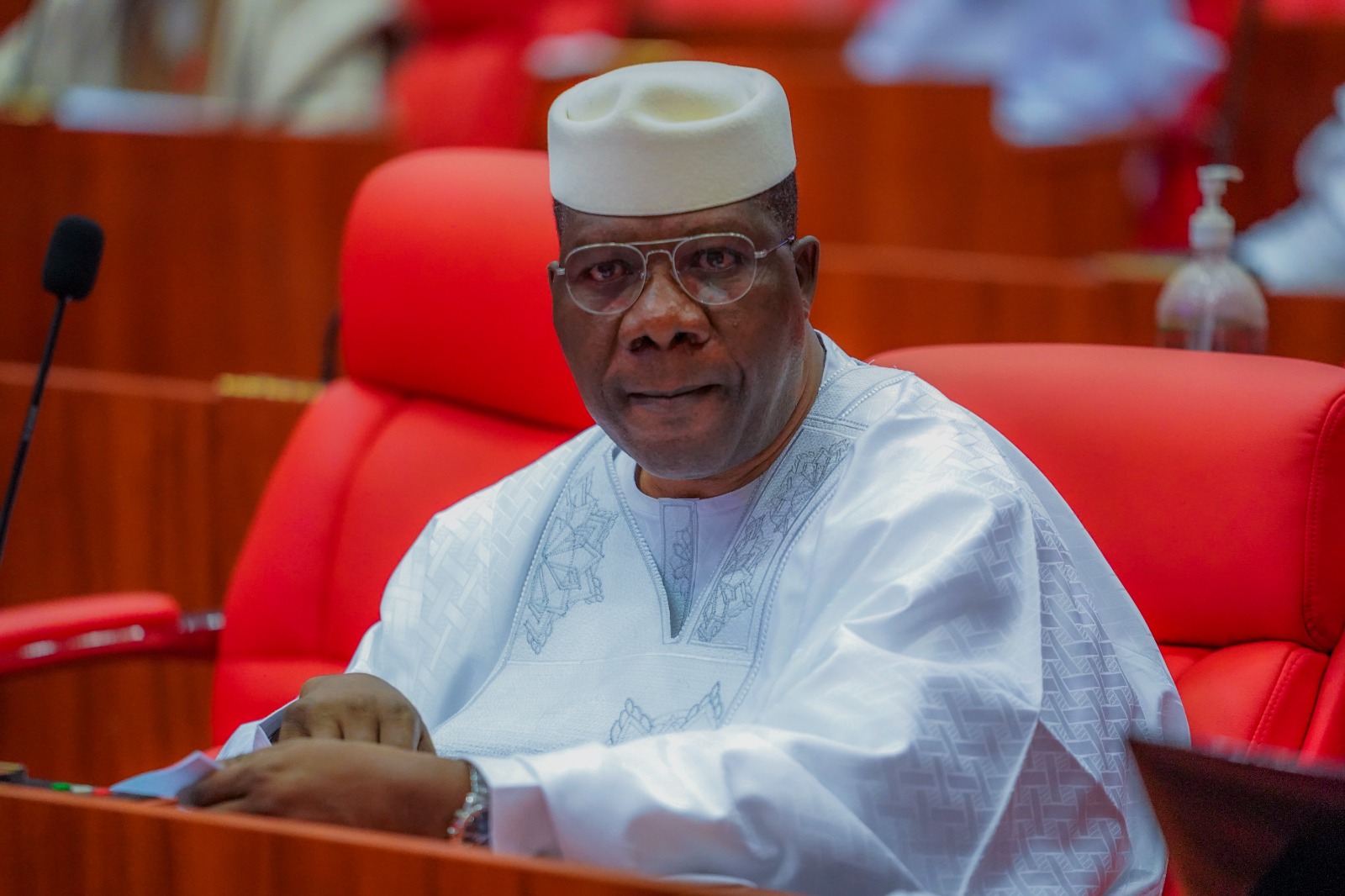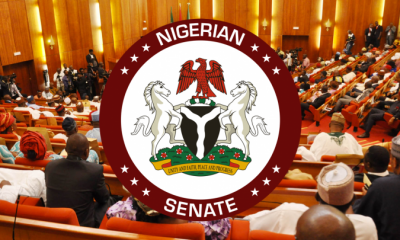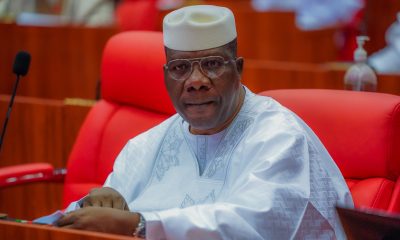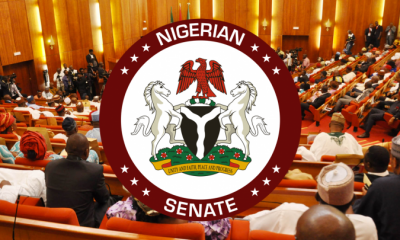The Federal Ministry of Industry, Trade and Investment (FMITI) has restated its commitment to support activities that would harness the immense benefits of Free Trade Zones (FTZs) to Nigeria’s economy.
Dr Nasir Sani-Gwarzo, Permanent Secretary, FMITI, said on Wednesday in Abuja.
He spoke at a one-day sensitisation awareness workshop on the promotion and development of free trade zones across the country.
The theme of the workshop is entitled: “Creating Awareness on the Activities of the Free Trade Zones in Order to Stimulate Investment in The Sub-Sector’’.
Represented by Dr Suleman Audu, Director, Commodities and Export Department, FMITI, Sani-Gwarzo stressed the need to explore investment potential in free trade zones to create profitable and sustainable businesses.
According to him, it is important to bring to the fore the vast opportunities in the free trade zones and the strategies for harnessing them for wealth creation and employment generation.
“It is equally important to develop innovative ways to harness the investment potential that abound in the free trade zones in order to create profitable and sustainable businesses.
“As a ministry, we are committed to supporting activities that will help harness the immense benefit of free trade zones to the economy, which is at the core of why the ministry set up a review committee not too long.
“The committee will come up with far reaching recommendation that will upscale activities in the zones, especially now that the export market is growing by the day.
“It is equally important to state that the Federal Government, through the FMITI is committed to the pursuit of implementing the Nigeria Economic Sustainability Plan MSME Fund (NESP-F), designed to revitalise and strengthen MSME in Nigeria,’’ Sani-Gwarzo.
He urged the private sector to key into the enormous opportunities that are accruable with investment at the free trade zones.
“The challenges are very daunting but equally surmountable,’’ he added.
Corroborating the Permanent Secretary, Mrs Vivian Ibeku, Deputy Director, Export Promotion and Free Zones, FMITI, described FTZs in Nigeria as evolving with enormous opportunities to create employment and promote non-oil commodities.
Ibeku, who expressed concern that potential in FTZs had yet to be harnessed, blamed it on poor implementation.
“In spite of the evolving positive trends, Nigeria has not maximally harnessed the inherent potential in the sub sector.
“This is because the country is yet to properly take advantage of the true potential of FTZs as an instrument of economic growth and diversification,’’ She added. (NAN)














